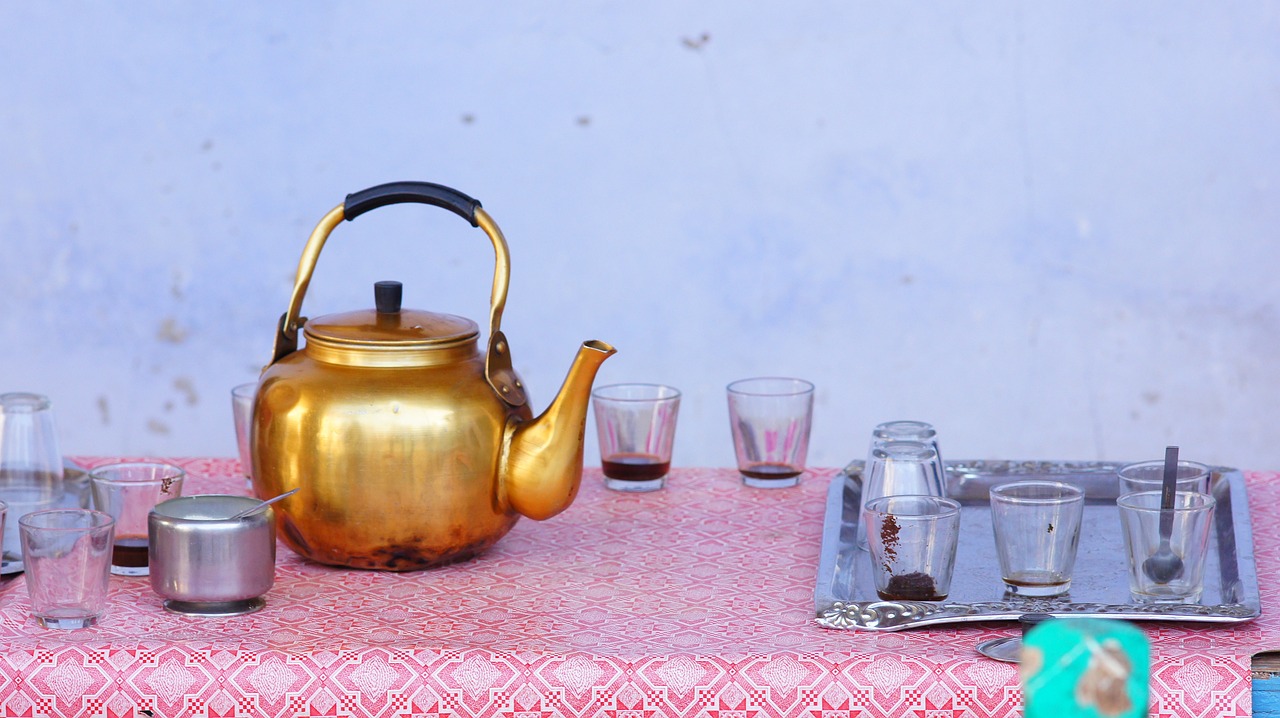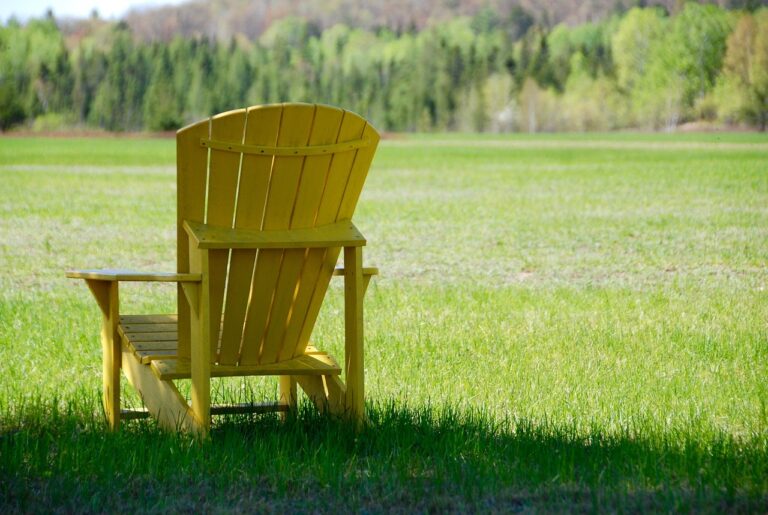Sustainable Gardening Tips for Healthier and Eco-Friendly Outdoor Spaces
all panel.com, cricket 99 betting app, lotus365 login: Sustainable gardening is not only beneficial for the environment but also for your health. By adopting eco-friendly practices in your outdoor spaces, you can create a healthier and more sustainable garden that will benefit both you and the planet. Here are some tips to help you get started on your journey to sustainable gardening.
1. Use native plants
Native plants are adapted to the local climate and soil conditions, making them more resilient and requiring less water and maintenance. By using native plants in your garden, you can create a beautiful and sustainable landscape that supports local wildlife and reduces the need for chemical inputs.
2. Compost kitchen and yard waste
Composting is a great way to reduce waste and create nutrient-rich soil for your garden. By composting kitchen scraps, yard waste, and other organic materials, you can reduce the amount of waste that ends up in landfills and create a sustainable source of fertilizer for your garden.
3. Practice water conservation
Water is a precious resource, especially in dry climates. By using water-efficient irrigation systems, such as drip irrigation or soaker hoses, and capturing rainwater in a barrel, you can reduce your water usage and create a more sustainable garden. Mulching around plants can also help retain moisture in the soil and reduce the need for frequent watering.
4. Avoid synthetic pesticides and fertilizers
Synthetic pesticides and fertilizers can be harmful to the environment and your health. Instead, opt for natural alternatives, such as compost tea, neem oil, or beneficial insects, to control pests and provide nutrients to your plants. These natural methods are safer for the environment and help maintain a healthy ecosystem in your garden.
5. Plant a diverse range of plants
Diversity is key to a healthy garden ecosystem. By planting a variety of plants, you can attract a wide range of beneficial insects, birds, and other wildlife that will help keep your garden in balance. Diversity also helps prevent pest and disease outbreaks, as different plants can support each other and create a more resilient garden.
6. Create habitat for wildlife
By incorporating features such as bird feeders, bird baths, and bee hotels into your garden, you can attract pollinators and other beneficial wildlife that will help maintain a healthy ecosystem. Providing habitat for wildlife not only benefits your garden but also helps support biodiversity in your local area.
FAQs
Q: How can I start composting in my garden?
A: To start composting, designate a space in your garden for a compost bin or pile. Add a mix of kitchen scraps, yard waste, and other organic materials, and turn the pile regularly to help speed up the decomposition process.
Q: What are some easy ways to conserve water in my garden?
A: You can conserve water in your garden by using water-efficient irrigation systems, mulching around plants, and capturing rainwater in a barrel for later use.
Q: How can I attract pollinators to my garden?
A: To attract pollinators, plant a variety of flowering plants that provide nectar and pollen for bees, butterflies, and other pollinators. Avoid using pesticides, as they can harm pollinators and other beneficial insects.







